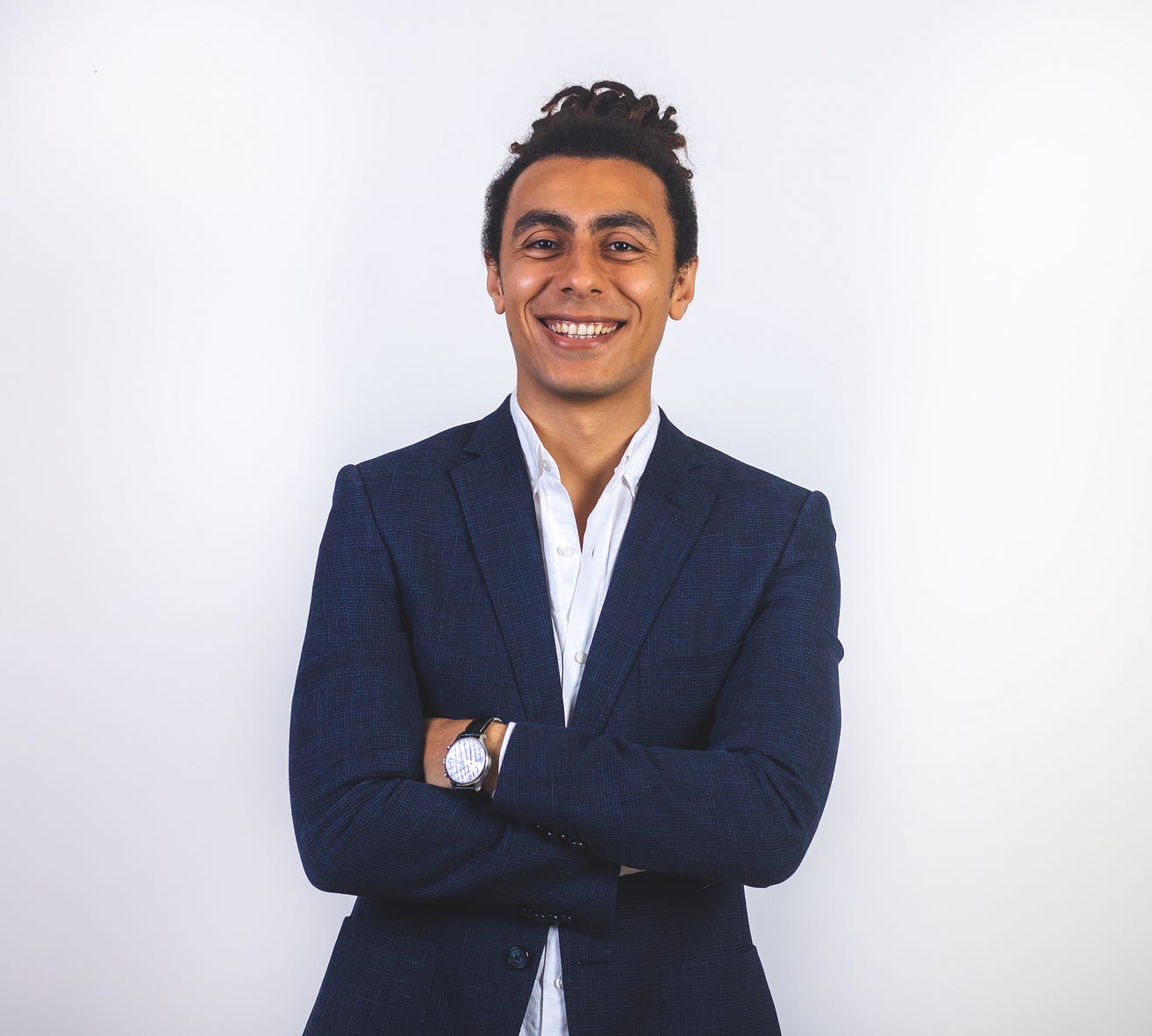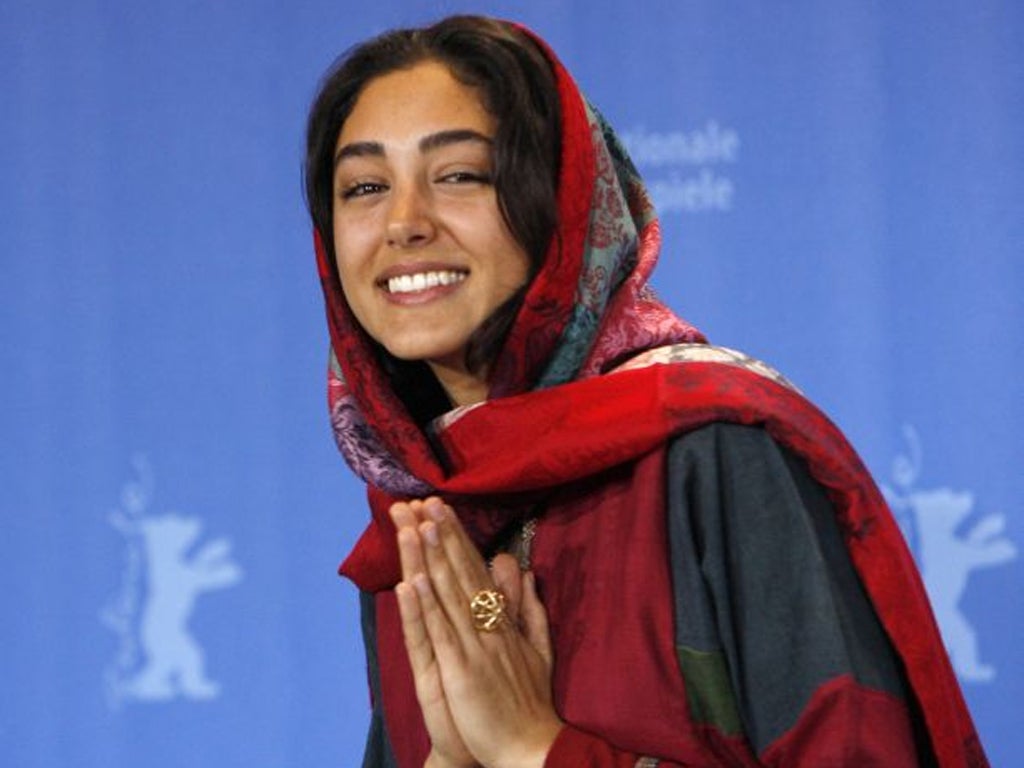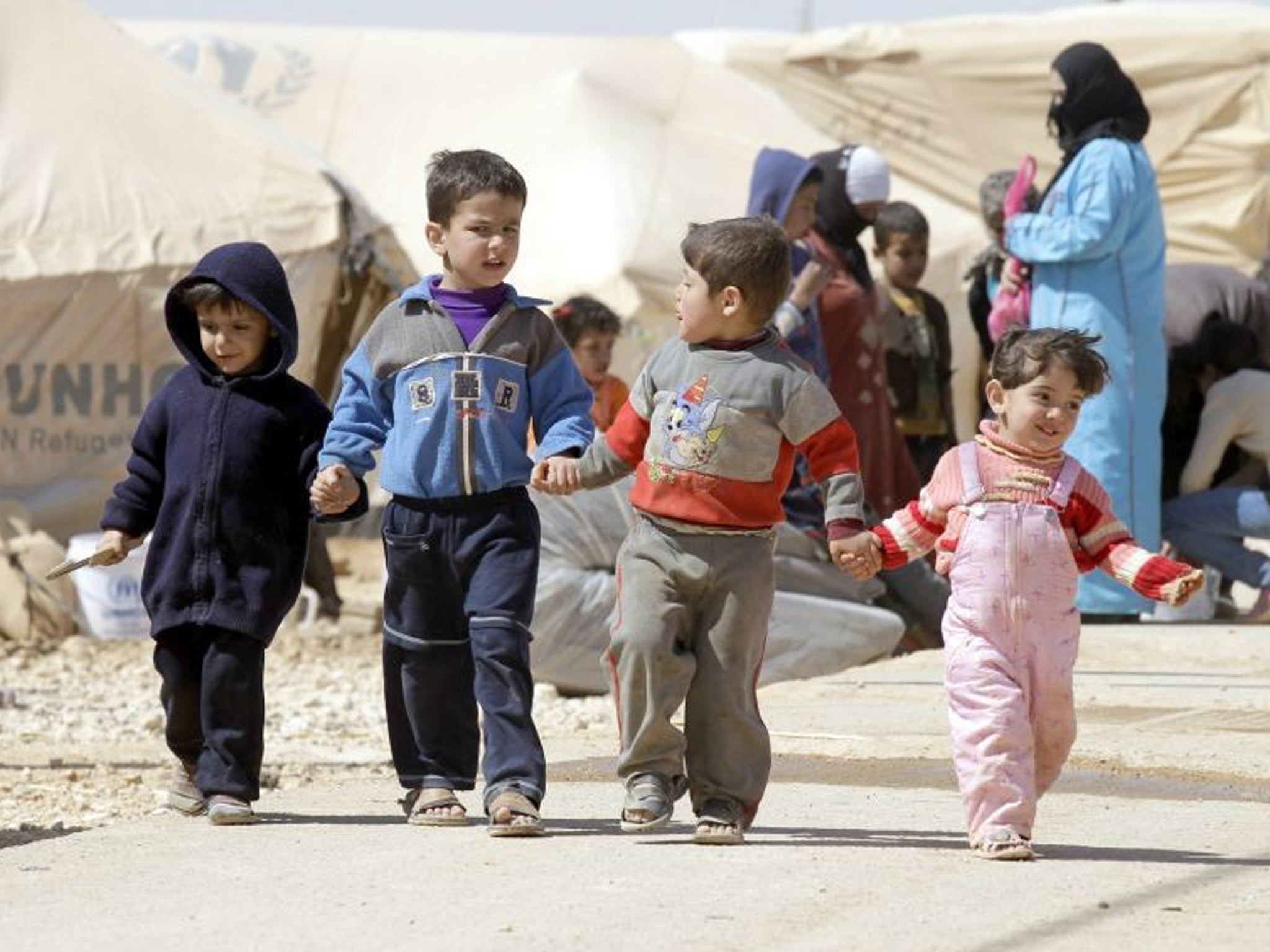Middle Eastern Dating Apps
Et3arraf is one of the first Middle Eastern Dating Sites created by Lebanese Cedric Maalouf and thus has been claimed to be one of the best Middle Eastern dating sites. WhosHere, Bumble, OkCupid also have been considered as some of the best sites. They are also one of the top Middle Eastern dating sites to the Islamic rules of courtship. Production states: 'We are looking for ideally people of color; Black, Latina, Asian, Middle Eastern, South Asian, North African. You may be asked to wear a head scarf for the female role.
- Best Middle East Dating App
- Middle Eastern Men Dating
- Arab Dating Online
- Middle Eastern Dating Apps For Seniors
While seemingly endless new niche dating apps pop up constantly, one of the things we never seem to talk about is how much and how often they center American dating ideals. Imagine trying to use Grindr in a place where being gay is illegal, or using Tinder in a place where female sexuality is anything but autonomous. Enter: Caline Nahhas, Andy Tarabay, and Jad Arida, the Beirut-based co-founders of Matchmallows, an app designed to cater to non-Western dating culture.
Matchmallows was designed with Middle Eastern users in mind, taking into account that it's more difficult for them, especially women, to feel comfortable posting photos of themselves and their real names on a dating site. (Apps like Hinge, for example, link with your Facebook, so it's hard to obscure your real name.)
'Here in the Middle East, it’s not like in the States,' Tarabay told Daily Dot. 'Especially women, they’re not really comfortable putting up a lot of photos of themselves.'
In an effort to cater to a very different set of cultural norms, Matchmallows set out to be the anti-appearance-based app. Here are seven things to know about Matchmallows:
1. Photos Are Optional
So while Tinder focuses on appearance, with most of the information available dedicated to photos of your abs posing with a tiger, Matchmallows focuses on highlighting personality traits. As previously stated, it's mostly women who take advantage of not uploading photos, while most men's profiles do include them.
2. The Personality Questions Are Image-Based
Perhaps the single most unique thing about Matchmallows is that their personality questionnaire, comprised of 27 questions to determine your leading characteristics, is image-based. So, unlike the endless stream of OkCupid questions — where you answer multiple choice questions by filling in a bubble, then rank how important your potential match's answer to the question is, then write in an explainer, should you so choose — Matchmallow's questions are answered by choosing one of four images that best represent your answer. The app acquired the image-based model straight from the psychologists who developed it.
3. You Can Use A Nickname
Since the app doesn't sync with any other social media profile, you're free to enter any name you choose. This both does away with the potential safety issues of disclosing your real name, and circumvents the problem trans* folks often face of being forced to use their legal names on Facebook, which then gets transferred over to the dating app, whether it's the name they use or not.
4. You Match Based On Personality, Not Personal Details
There's no way to assess a Matchmallows user's profession, income, height, astrological sign, autobiographically-written profile or any other information readily available on other dating apps. All you can see is how compatible you are based on answering the personality questions. This is useful for obscuring personal details in cultures where compulsively over-sharing is not the norm. (WHAT?)
5. You're Only Shown Good Matches, But You Can Pay For Bad Ones?
The app only shows you matches who are 55 percent compatible with you or higher. Alternatively, you can pay $9.99 a month for a premium membership that allows you to see low compatibility matches, if you insist on opposites attracting. A premium membership also allows you to 'travel' to see matches in other geographical locations.
6. The App Is Available in 25 Languages
While the most significant user population for Matchmallows is in Saudi Arabia, the app's multilingual interface means it experiences usership in places like Thailand and France, too!
7. Video- And Photo-Sharing Are In The Works
Looking to the future, the founders of Matchmallows hope to add video- and photo-sharing to the app's messaging capabilities, so you can maybe inch your way towards disclosing your face as you get to know a new match.

Want more of Bustle's Sex and Relationships coverage? Check out our new podcast, I Want It That Way, which delves into the difficult and downright dirty parts of a relationship, and find more on our Soundcloud page.
Images: Fotolia (4); Matchmallows/Facebook; Giphy (3)

If you’re reading this, you’ve probably tried a dating app or know people who have. Dating apps have truly revolutionised how we date, hook-up and even find love. But, sadly it’s not always fun, games and aubergine emojis. While these apps have become so widely used, they are also being misused and weaponised against communities in high-risk contexts. This is especially the case with Lesbian, Gay, Bisexual and Queer (LGBTQ) communities online in the Middle East and North Africa.
We at ARTICLE 19 have been investigating how popular dating apps are being used by LGBTQ people in Egypt, Lebanon and Iran. While the contexts in these countries differ enormously, we have found that LGBTQ communities in all three rely on apps to communicate, meet- or hook-up and fall in love. But worryingly, we’ve found that state authorities and homophobic non-state actors are also using these apps to monitor, entrap, threaten and prosecute LGBTQ communities.
But we didn’t stop there. Teaming up with Grindr and other dating apps used in the region, we’ve been looking at ways to stop the use of apps to harm individuals. We began by alerting apps to how their products are used by authorities to surveil and harm their users; and advising and working together on ideas of how they should change their products to better protect against this. Our partnership with Grindr for Equality and other LGBTQ dating apps demonstrates how human rights groups, activists and profit businesses need to work together to reduce the impact of repressive crackdowns on LGBTQ communities and mitigate human rights abuses.
Context – apps and traps
Since 2009, dating has been revolutionised by geolocation-based apps. Since Grindr (the first) began in 2009 we’ve been able to meet people based on their proximity to us. But as Grindr has become so closely associated with popular queer culture – you must be living under a heterosexual rock to have missed it – if you’re living in a country where laws penalise your gender and sexual identity, authorities know which apps to use to surveil you.
History shows widespread repression and marginalisation of LGBTQ people globally, with limited opportunities for safely connecting, organising, and meeting-up in public spaces. And now is not so different. 2014 saw stories about apps being used to entrap gay and trans users in Egypt through geolocation features. But limited investigation was done into the full methods used and the extent that LGBTQ groups were being targeted. Since, it has emerged that these apps are routinely used both by authorities and non-state actors to target members of the LGBTQ community. Despite technological revolution, the situation is not so different now: some traditional threats have simply developed digital equivalents.
Following our research, we can see that the reality of how the apps were used was far more complex than geolocation tracking. Local groups had been aware of this for a long time, but their calls for action had not been taken seriously enough.
Best Middle East Dating App
Patterns of arrests and targeting ranged from entrapments – use of fake profiles on social media and dating apps – where an official poses as a user interested in a relationship to build a case against the user – to street checkpoint checks of mobile devices by police and infiltration of groups chats run by LGBTQ groups. Read more about our research methodology and responses from users in our summary report.
This targeting of LGBTQ groups in the Middle East and North Africa reached a climax in September 2017 when more than 70 people were arrested based on their gender and sexual identities in Egypt after the rainbow flag was flown during a concert. Many of these arrests happened via entrapment through LGBTQ dating apps.
Drive for sex, love, intimacy, and association is stronger than fear of the risks
It’s important to remember how vital these apps are in certain countries: where meeting queer people isn’t as easy as going to a gay bar or other location. For many it’s a question of having access to a community that you’ve been blocked from. 40% of the respondents in our research stated that they use the apps to meet “like-minded people”. Fear and real risk has driven communities to communicate and socialise online, and more recently on dating apps, where they have created vibrant and resilient hubs of connection. The apps and platforms being used can put users in real physical danger. But when the question of love, communication and connection come into play, human resilience shows; the drive for sex, love, intimacy, and association is stronger than the fear of the risks. Great risks are run through the use of apps – risks which users acknowledge.
“We are a lot more cautious to the huge restrictions in the law. But in general it doesn’t stop me, I continue to meet queer people on these online networks.”
Anonymous App User
Responsibility for safety, security and protection is on the apps themselves
Here the responsibility of the app developers and providers becomes fundamental. Proactive protection, security and safety measures are owed to their users. Our findings showed that up until now the burden has predominantly rested on users to protect themselves against the threats they face when using these apps. They did not see app companies as actors that would support them. However, understanding the environments and experiences of their users should not be optional for companies and apps. Sending security messages, the go-to effort towards due diligence for some LGBTQ apps, is simply not enough.
Our findings

Middle Eastern Men Dating
But what exactly is happening to LGBTQ people who use dating apps? Has enough been done to secure the safety of users in the Middle East and North Africa since?
We began working with local LGBTQ groups and experts in Egypt, Lebanon and Iran to gather information from users about the issues they experience on the apps. Preconceptions about the issues varied widely, and only local experts and the users themselves understood the realities. We felt it was vital to take these experiences and knowledge to companies and international experts. In fact it was this local data and personal testimonies that proved critical as a catalyst for dialogue and agreements with international experts and apps companies. These voices can be powerful agents for change. They must be amplified.
We found that many dating and messaging apps used by LGBTQ people in the region lack fundamental security features and knowledge of the contexts they are operating in. For example best practices around TSL and SSL for mobile applications, secure geolocation markers were lacking and registration and verification processes were weak. These were not the dominant reasons for the arrests and targeting of the users, but added to the vulnerability of users when they placed their trust in apps.
These risks were not lost on the users, who are not just aware of the risks they face from the authorities and other homophobic non-state actors but also the risks they faced from app security flaws. 50% of our respondents said they stopped using certain apps due to “physical security concerns” and 20% because of “digital security” concerns.
“Well the most important thing 4 [for] me is my safety and security and to know that cops are not watching me and not trying to reach me”.
Anonymous App User
We gathered over 400 responses to our questionnaire in Egypt, Lebanon and Iran, organized and helped the formation of focus groups lead by local organisations, and interviewed in-country queer activists in Middle Eastern and North African communities in Egypt, Lebanon and Iran to get a better understanding of issues ranging from what apps are being used, what their perceptions of apps and security are and experiences of harassment, entrapment and arrests.
“The sole issue of having the app puts you in a vulnerable situation.”
Anonymous App User
Bringing human rights and businesses together to protect LGBTQ communities
Following our research, we have brought together a coalition of local groups, activists, human rights experts, business and technologists to discuss how to combat the threats we have identified to LGBTQ individuals. How can an app help a user being stopped at a checkpoint by concealing their use of a queer app? How can a user be helped if their chat logs and pictures are used as evidence against them in court? How can apps help connect groups to deliver a rapid response if an individual is arrested? By bringing these experts together we were able to innovate for better solutions to the toughest issues. The result was a 15-point recommendation list for our app partners: recommendations for immediate action and longer-term actions. And our experts have offered expertise to help implement these changes.
Given the high risks faced by individual users in the Middle East and North Africa, the obligation to implement these recommendations should outweigh any financial or resourcing concerns. Not only do these recommendations enable companies to fulfil their responsibility to protect users, they allow them to build trust and secure their user base. As evidenced by our research, users consider security as a key factor when choosing apps.
We also stress that apps need to provide contextual information to users – and for this they would need to work with local groups to advise users on: What to do if arrested? What laws apply to them? What are their rights? ARTICLE 19 has compiled factsheets around key areas of digital, legal and personal security for LGBTQ communities in Iran, Egypt and Lebanon.
We will continue to work as a coalition of human rights groups and apps to address security issues in Egypt, Iran and Lebanon and increase security for apps users. We have already seen ground-breaking progress, from our partners Grindr and Grindr for Equality who are introducing new features to help protect users in high risk countries.
Arab Dating Online
What’s Next?
We still have a lot to do to support the safety and security of LGBTQ communities. Perhaps most importantly: focusing on the needs of other members of the queer community aside from gay men (the primary focus of apps like Grindr). We will conduct more focused research on the most at-risk, under-researched and uninformed groups, and look at ways to resolve thorny issues such as users wanting personal anonymity but verification of those they communicate with. We will look at specific threats faced by trans people, lesbians and queer refugees using these tools.
We will continue to work directly with LGBTQ dating apps and larger messenger apps, international and local organisations, technology experts and advisors, and corporate social responsibility advisors to address any shortcomings in the apps’ security, their design and technologies. We will also continue developing methodologies to reduce exposure of users and raise awareness on digital and physical security and technologies among at-risk users. We want to expand our project to create a global and multi-stakeholder coalition. As geolocation-based dating/hook-up apps were an initiative of the queer community, we want our work which is inspired by this, to support these communities and to be used as an example for standards of design ethics, collaborations and tech responsibility. We have a long way to go.
If you have any question or would like more information about this project, please contact Afsaneh Rigot at [email protected]